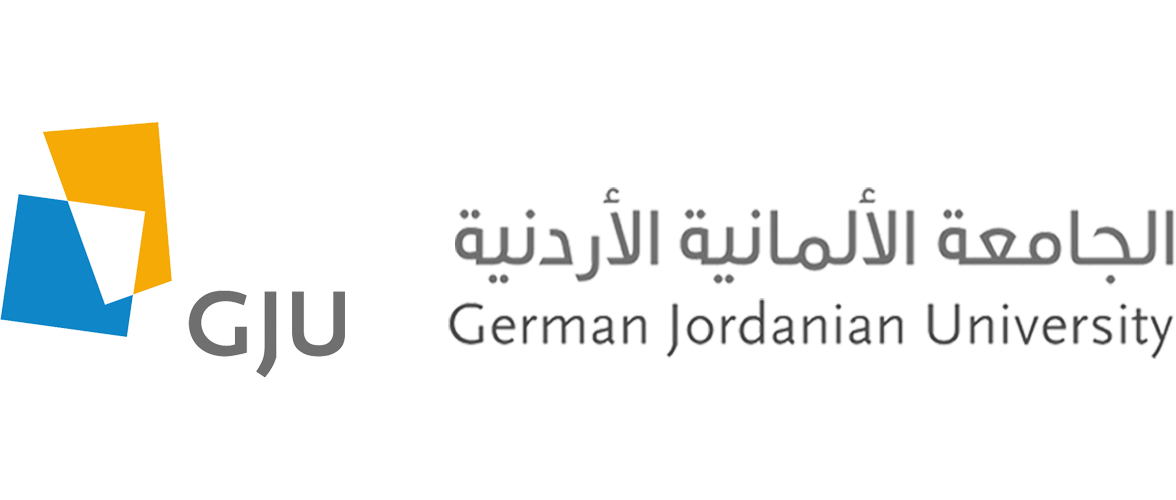 Study Group Mobility 2021:
Study Group Mobility 2021:
“Grün, grüner, am grünsten” with the Study Group from Darmstadt
From October 16th until 21st, we welcomed the fourth Study Group from the University of Applied Sciences Darmstadt. Four students from the Civil and Environmental Engineering department came to Jordan with Prof. Dr.-Ing. Klaus Habermehl in order to work on a project with the title “Cool down, green and air cleaning through plants in Amman”. The German students cooperated with Prof. Dr. Muna Hindiyeh and a group of students from SNREM.
Their first day was spent on GJU Main Campus in Madaba, where they were welcomed by SNREM staff and enjoyed a private tour through the faculty building and the GJU campus. Following a lunchbreak with the IO, they met the fifth Study Group from Berlin who was in Jordan at the same time and attended an intercultural session, receiving information on Jordan, its people and culture.
The following days were full of external visits. The group met with Prof. Dr. Eng. Mohammed Matouq from Balqa’a university and visited the city of Salt as well as a waste water plant in Fuheis. Moreover, they had a talk with Prof. Ahmed Al-Salaymeh and a tour at Jordan University. The Jordan Green Building Council presented held a presentation about their work on GJU SABE campus, where the group was joined by Dr Omaimah Ali. All visits and meetings have served to provide more insight into the subject. On their last day, the group presented their results and insights as well as ideas to make Jordan greener. They prepared posters to draw attention to the topic, which the IO will gladly make accessible to GJU. One of the students mentioned that Amman was greener and had more trees than he expected and probably even more than Darmstadt.
The GJU students took good care of the German students and enabled them a deep insight into the Jordanian culture. In return, the German students gave advice to the GJU students who were about to travel to Germany. This is a great example of the goal of the Study Group Mobility: German and Jordanian students work together on an academic level but also share their culture with each other to deepen the impact of their project and their time in Jordan. This may help to reduce stereotypes and make students ambassadors for the respective countries.
We want to thank everyone who made this academic and intercultural exchange possible. We appreciate the commitment on the part of the GJU and the partner university and look forward to further cooperation.








